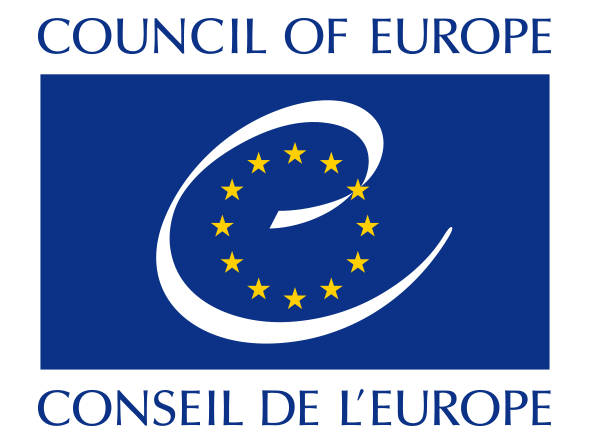Paris, 06.10.2016 – The European Commission for the Efficiency of Justice (CEPEJ) of the Council of Europe outlines the main trends observed in 45 European countries (*). In addition to the report published today, there is a new interactive database accessible to the public.
This evaluation report, the sixth since CEPEJ was set up in 2002, highlights:
– regarding the budget of judicial systems:
- an overall upward trend; while certain countries affected by the economic crisis (Latvia, Lithuania, Romania, Slovenia) have been able once again to increase their expenditure, others (Greece, Ireland, Portugal, Spain) continue to undergo regular budget cuts;
- on average European countries spend €60 per inhabitant per year on the functioning of the justice system; the wealthier states are not necessarily those that spend the most;
- significant resources have been deployed in Azerbaijan, Latvia, Lithuania, Malta, the Republic of Moldova, Romania and the Russian Federation, particularly in terms of construction/refurbishment, new technologies, salaries of professionals and legal aid for the most disadvantaged;
- an increased contribution from users to the funding of the justice system through taxes and judicial fees: the revenue from the latter represents over 20% of the budget allocated to the judicial system in more than a quarter of states;
- a trend towards outsourcing non-judicial tasks in courts;
- an extension of legal aid systems, including for the enforcement of court decisions or judicial mediation;
– regarding judges and public prosecutors:
Read also
- stability in the number of staff, with on average 21 professional judges for 100,000 inhabitants;
- a larger number of female judges and prosecutors: on the whole there is parity, despite the continued existence of a “glass ceiling” blocking access to higher responsibility positions;
- the functional independence of prosecutors is increasingly being asserted in texts, although while this may be true on paper, in certain countries the political authorities are able to intervene in the prosecution process.
– regarding the organisation of the courts:
- a reduction in their number, an increase in their size and stronger specialisation;
- information technology has made it possible to improve the efficiency and quality of judicial systems, but the states with the most highly developed IT are not necessarily the most efficient: IT is essential but is not the only key to improved performance.
– regarding the performance of judicial systems:
- an increase in the number of incoming criminal cases;
- an overall positive trend for the ability of European courts to cope with incoming cases in the long term;
- in the civil justice sector, systems are on the whole marking time in the processing of cases received and solved at first instance, and a low but continuous increase in the backlog of civil and commercial litigious cases since 2010;
- in the administrative justice sector, judicial systems are constantly improving their ability to cope with the volume of cases, and there has been a general decrease in the number of pending cases;
- in the criminal justice sector, in the vast majority of countries, public prosecutors were able to solve fewer cases than those received; in contrast, courts are able to cope more or less satisfactorily with the workload;
- the economic recession has had an impact on the resources of the courts and on the availability of legal aid for court users;
- online procedures for the processing of certain categories of claims are increasingly being applied.

























































